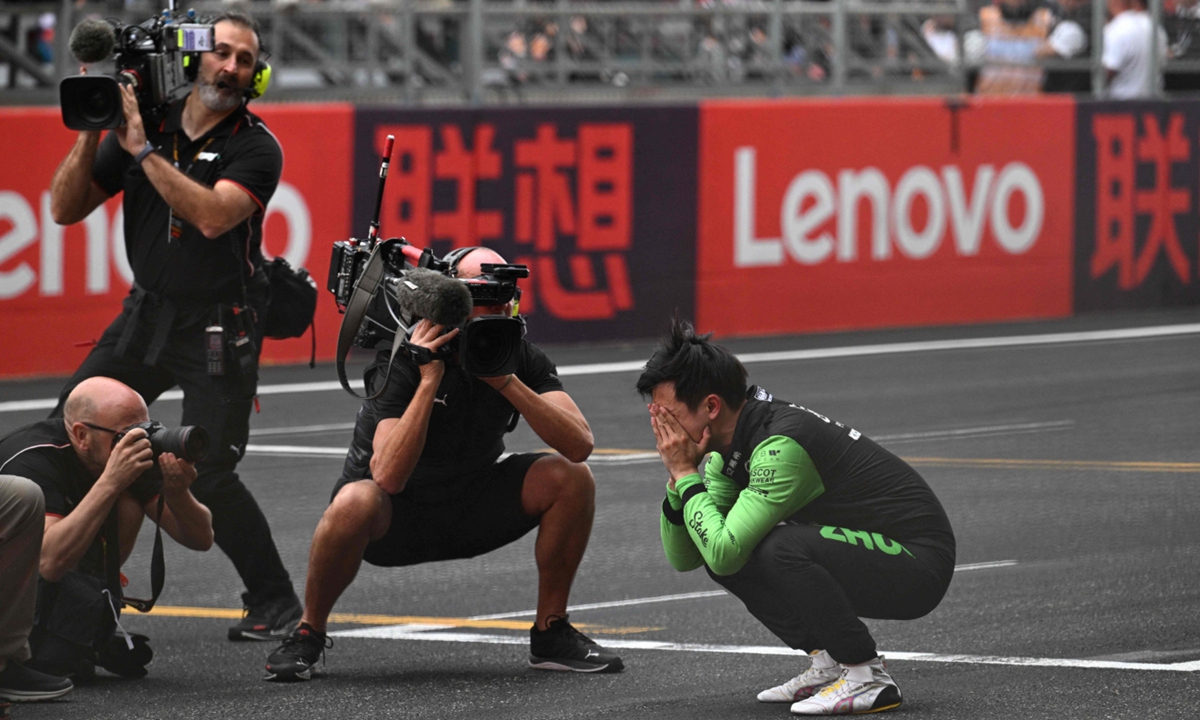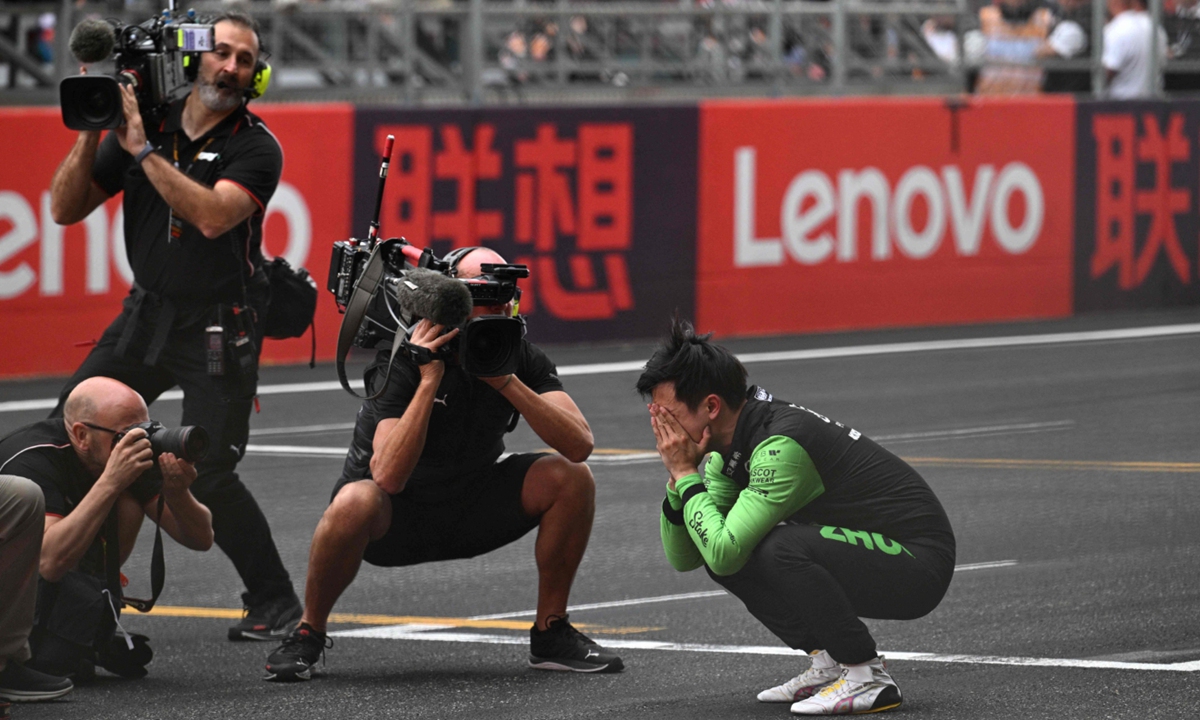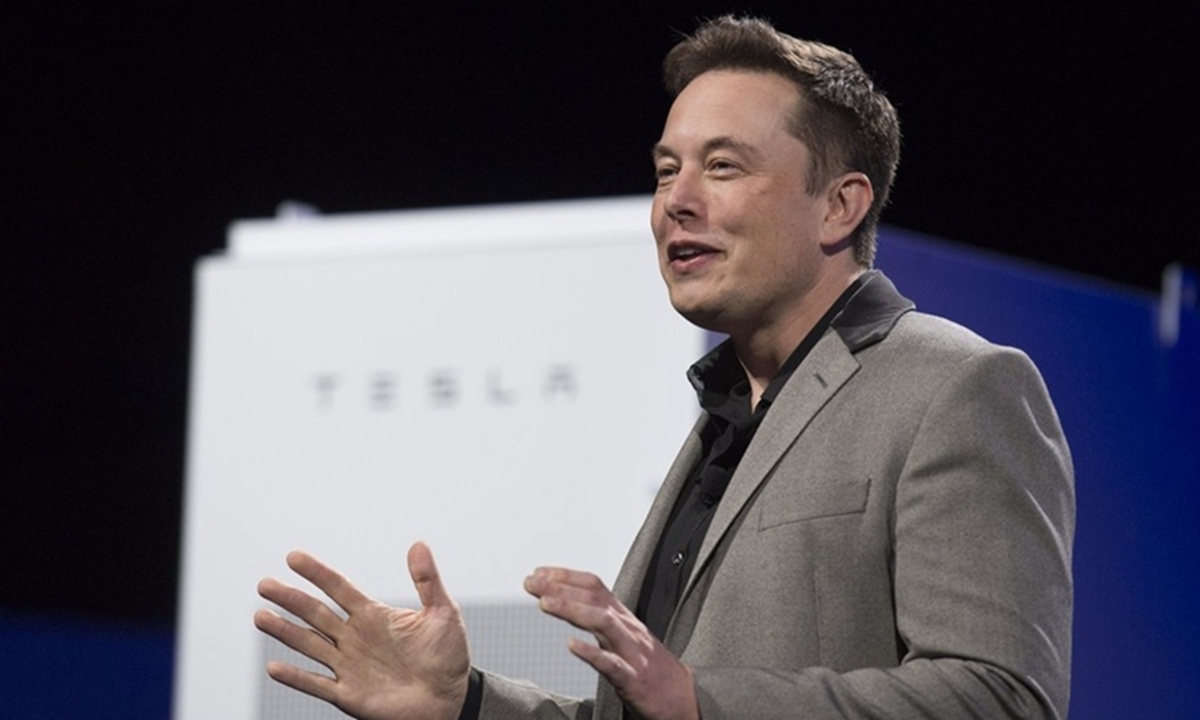
Tesla CEO Elon Musk File Photo: Xinhua
Despite the so-called overcapacity hype, Tesla CEO Elon Musk made a visit to China on Sunday, showcasing the resolve of the world-leading electric car maker to develop in the Chinese market, its second-largest.
Chinese experts said the visit has strongly refuted overcapacity claims about China’s new-energy vehicle (NEV) industry, and many foreign investors, including Musk, are eyeing the market prospects and investment returns.
Musk arrived in Beijing on Sunday and met with Chinese Premier Li Qiang, according to the Xinhua News Agency.
Li stressed that China’s super large-scale market is always open to foreign enterprises and China will continue to work on expanding market access, strengthening service guarantees and providing a better business environment, allowing companies from all countries to invest in China with peace of mind.
Musk said the Tesla Shanghai Gigafactory is Tesla’s best-performing factory, thanks to the hard work and intelligence of the Chinese team. Tesla is willing to deepen cooperation with China and achieve more win-win results.
We are honored to participate in the rapid development of China’s NEV industry. We will continue to work hard in China, develop together with the industry in areas such as AI, electric vehicles and energy storage, accelerate the implementation of clean energy and autonomous driving technologies, and turn our beautiful vision into reality, according to the official weibo account of Tesla on Sunday night.
The visit by Musk comes amid the ongoing 2024 Beijing International Automotive Exhibition, during which global players such as Volkswagen and Mercedes-Benz have signaled their entry into the NEV sector on a large scale, highlighting their confidence in the Chinese market. Interestingly, Tesla does not have a booth at the show.
Chinese analysts said that Musk’s visit highlights the importance of the Chinese market to many US companies as they are enhancing ties, unlike politicians in Washington who always hype anti-China rhetoric.
China’s determination to open wider to foreign companies to pursue high-quality development stands in sharp contrast with the US, which has been using bad faith tactics to smear China’s competitive emerging industries, including EVs, Chinese analysts said.
Musk’s China visit validated once again the company’s commitment to the vast market potential of the Chinese EV sector, and made the “overcapacity” narrative hyped by some Western politicians and media outlets fade, experts said.
Many people are optimistic about the market prospects of NEVs and returns on investment, and many holders of capital are willing to enter such a field, including Musk, Sang Baichuan, dean of the Institute of International Economy at the University of International Business and Economics, told the Global Times on Sunday.
“China does not have overcapacity, which is a false proposition,” Sang added.
Reuters reported that Musk would engage with senior Chinese officials to deliberate on the implementation strategy for full self-driving technology in China, paving the way for the activation of the autonomous driving mode on Tesla cars.
Musk’s trip also came just over a week after he scrapped a planned visit to India to meet with Prime Minister Narendra Modi, citing “very heavy Tesla obligations,” according to Reuters.
The tremendous opportunities brought by China’s high-level opening-up retain a strong appeal for US businesses, which are looking forward to and appreciating the extensive Chinese market, Huo Jianguo, a vice chairman of the China Society for World Trade Organization Studies in Beijing, told the Global Times on Sunday.
Global sales of EVs are set to reach 45 million in 2030, according to a forecast by the International Energy Agency in 2023. That is about 4.5 times the sales recorded in 2022, and three times the 2023 figure.
While the US continues to hype “overcapacity” of NEVs in China, China’s door is opening wider and wider, including to US companies, Zhou Mi, a senior research fellow at the Chinese Academy of International Trade and Economic Cooperation, told the Global Times on Sunday.
Tesla, for example, built its first Gigafactory outside the US in Shanghai in 2019, which gave a boost to the development of the NEV industry amid competition.
China is Tesla’s second-largest market only after the US. The Tesla Gigafactory in Shanghai, which started production in 2020, is Tesla’s largest production center in the world.
Tesla sold some 600,000 EVs in 2023 in China, according to media reports. But in the final quarter, it ceded its position as the top EV seller in China to China’s BYD, as fierce market competition raged.
Amid the rapid development of the NEV industry in China, the penetration rate of passenger NEVs exceeded 50 percent in the first half of April, as reported by China Central Television on April 22, outperforming traditional gasoline-powered vehicles.
Musk’s last visit to China was in May 2023, when he met with leaders from several top Chinese officials in charge of foreign policy, industry and foreign trade. He also visited the Tesla Shanghai Gigafactory and met with leaders from the Shanghai municipal government, CCTV reported.
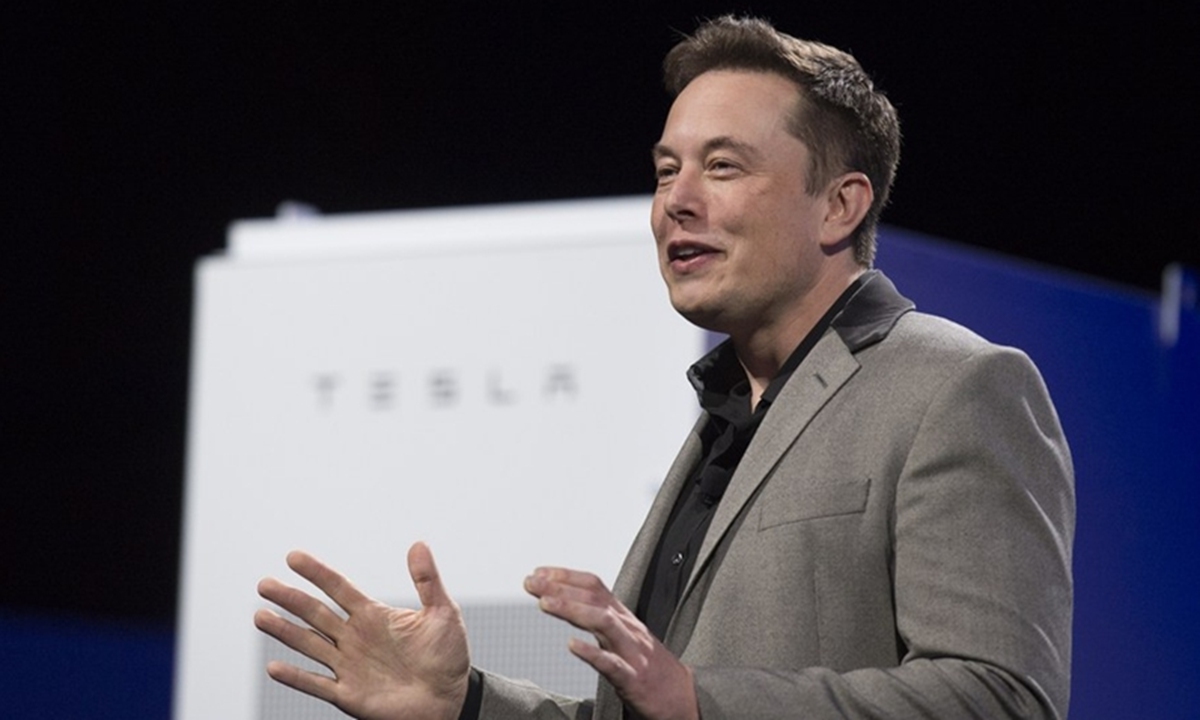
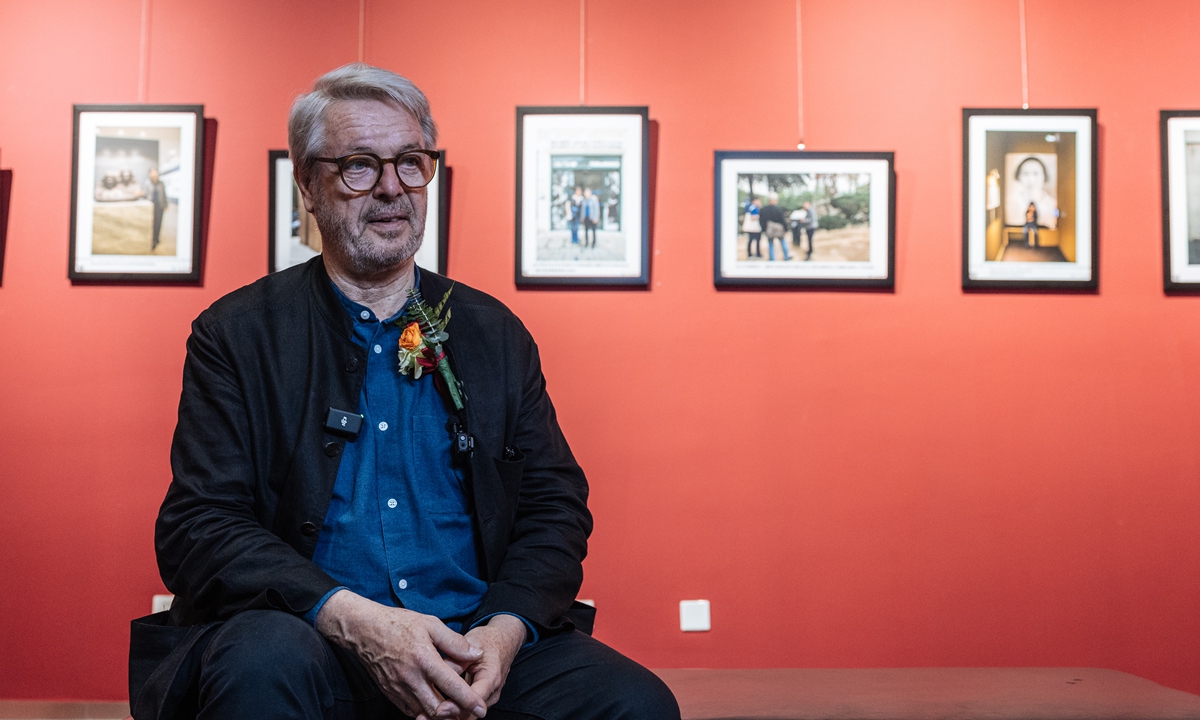
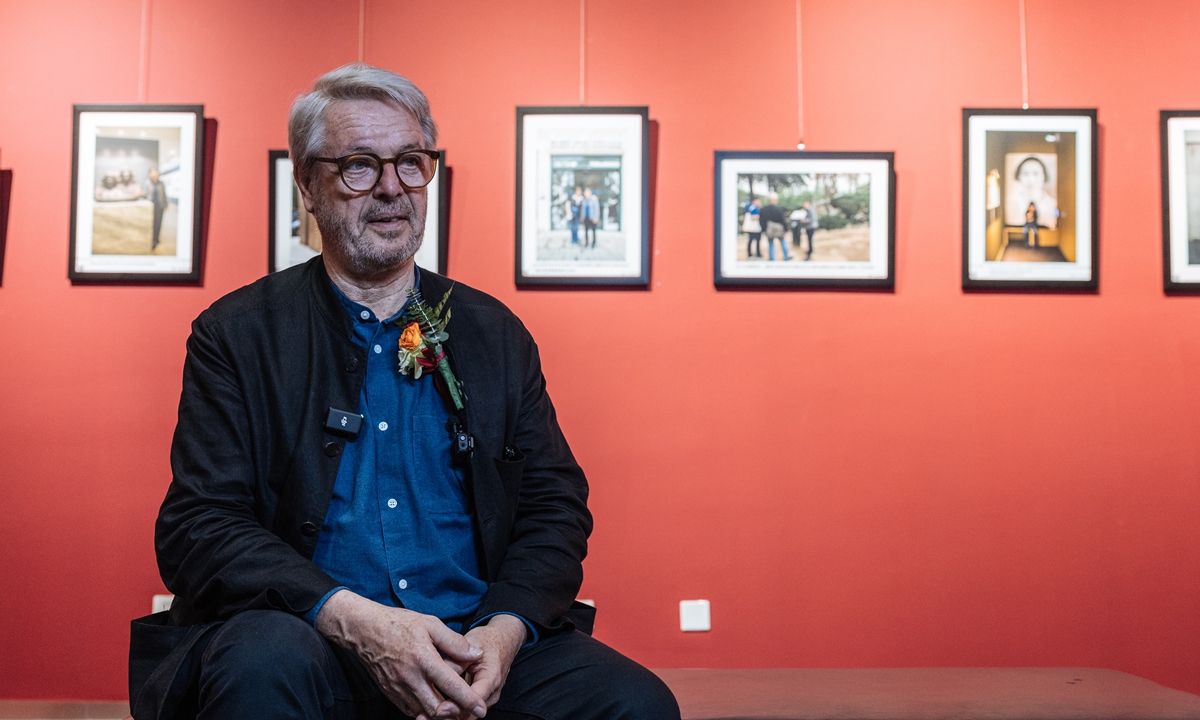
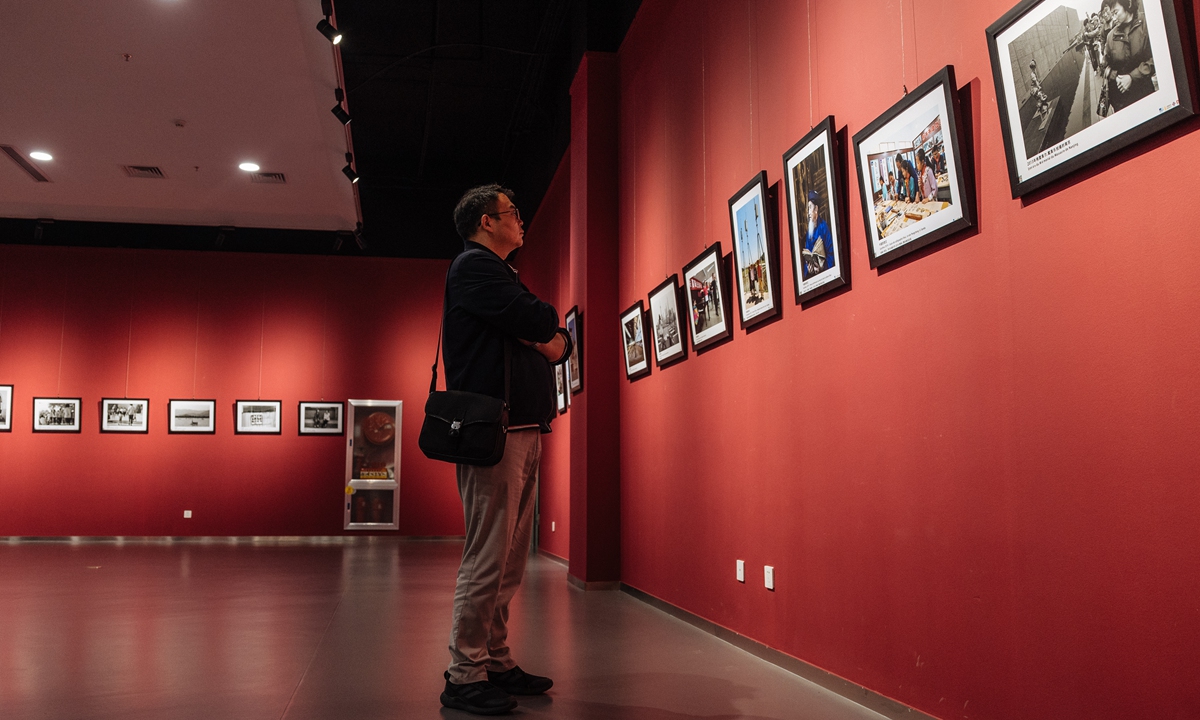


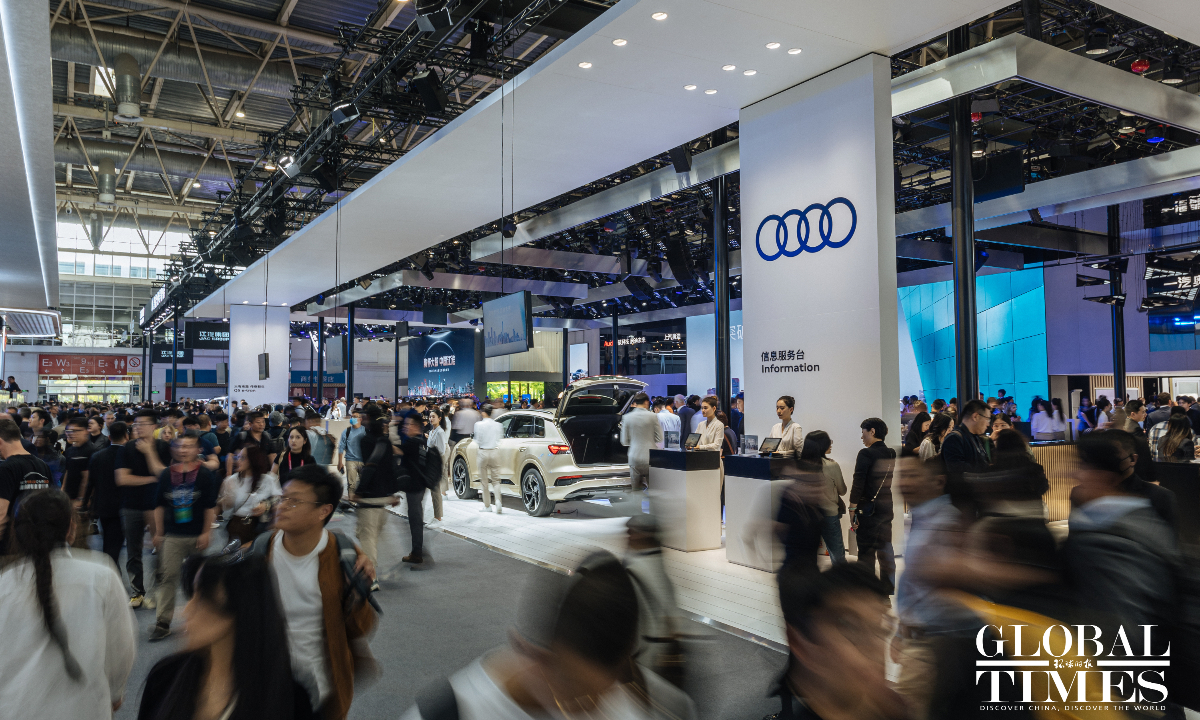
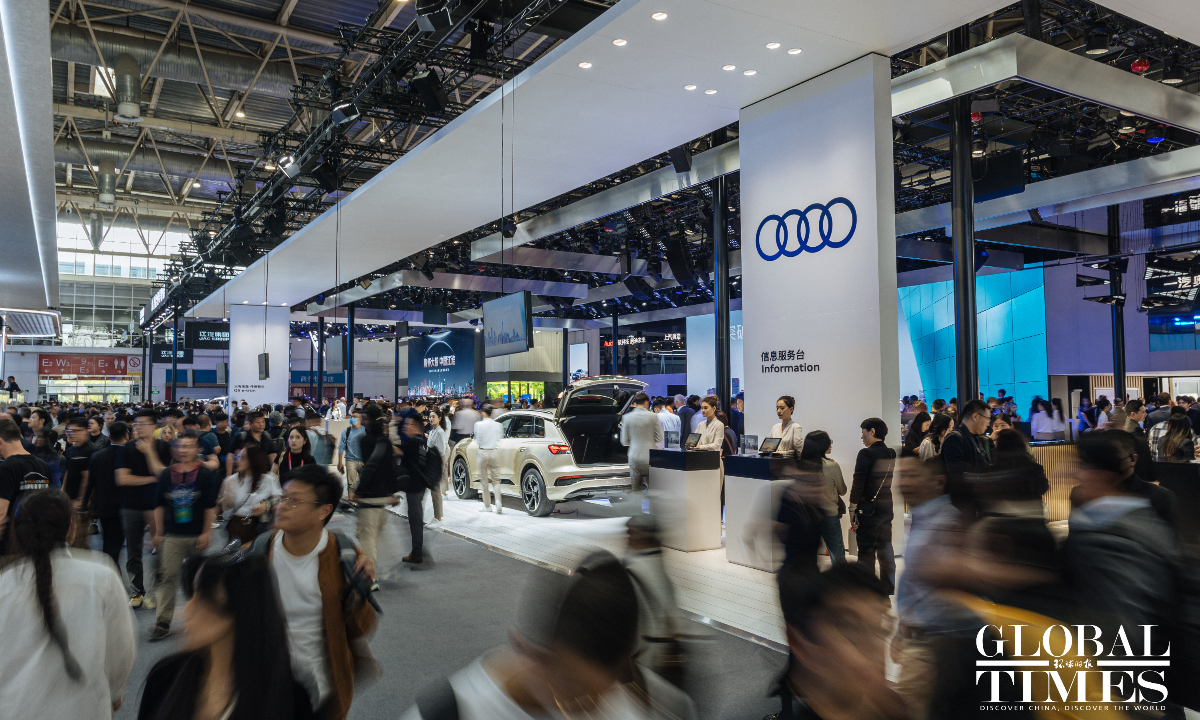
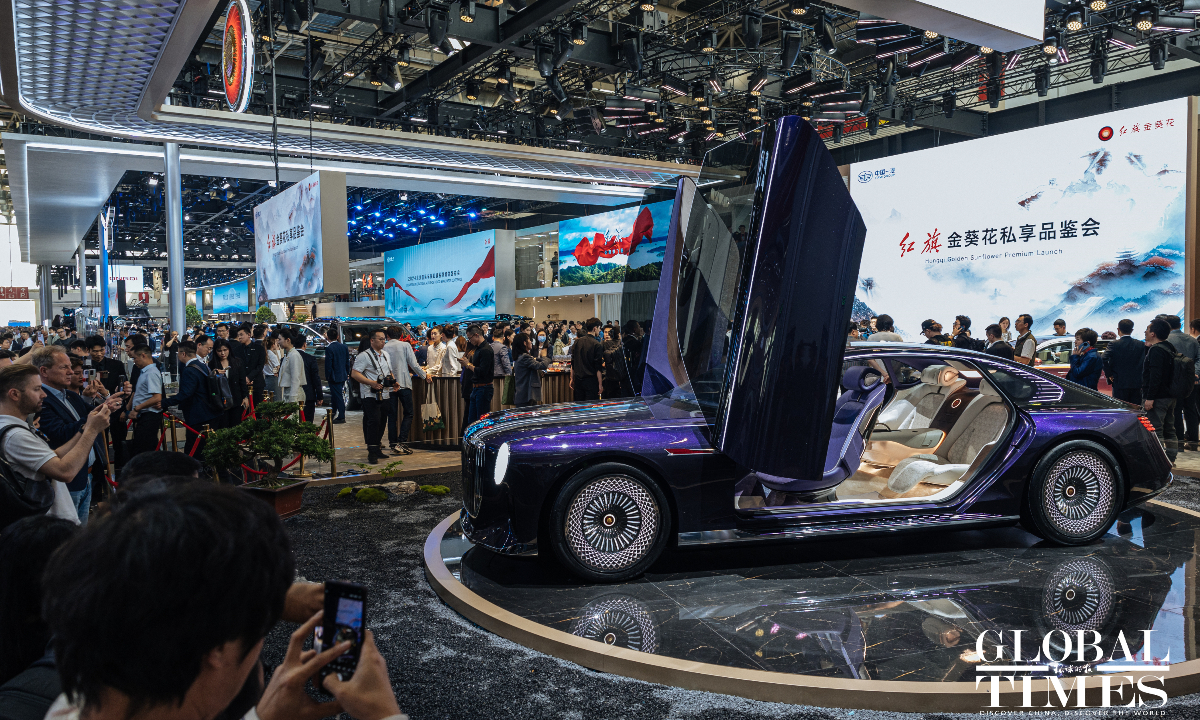
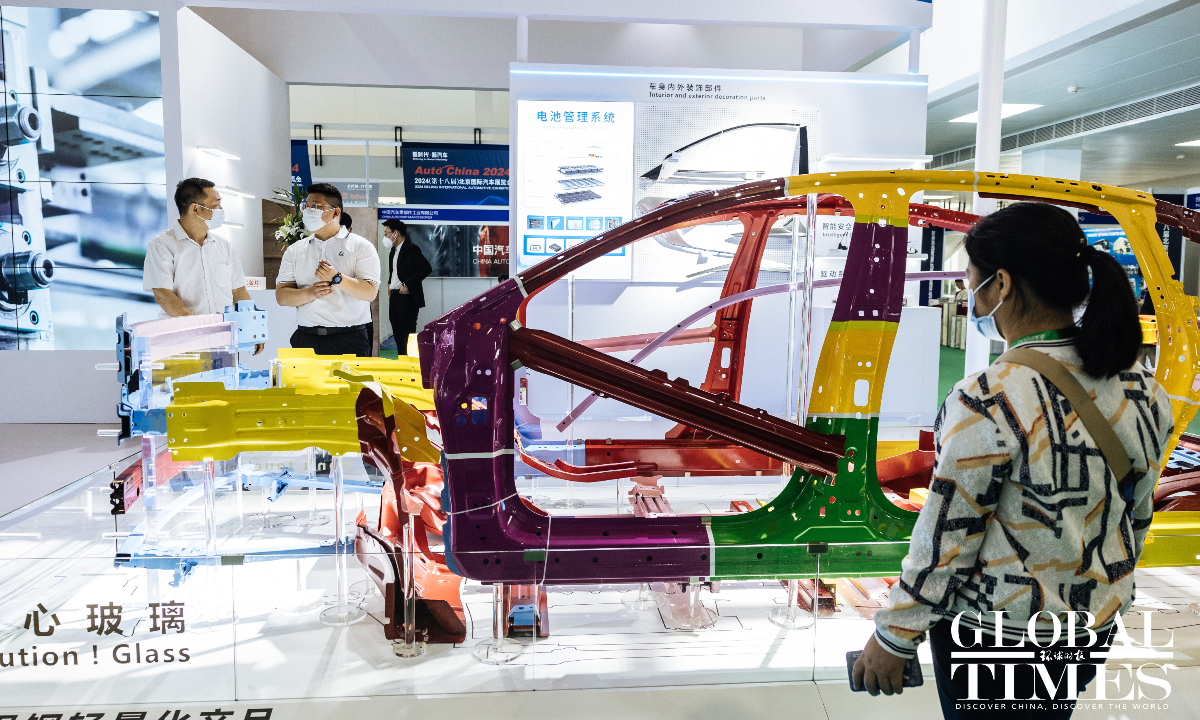
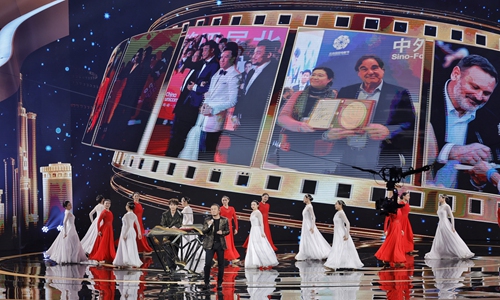
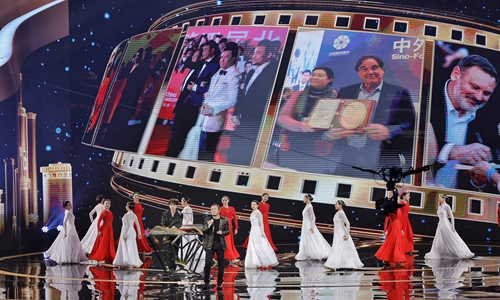
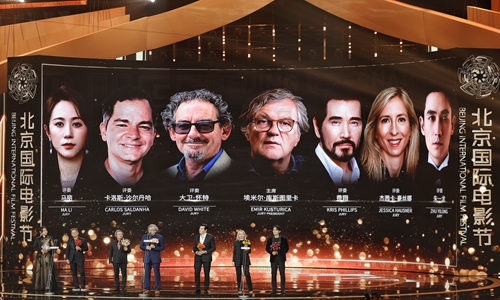



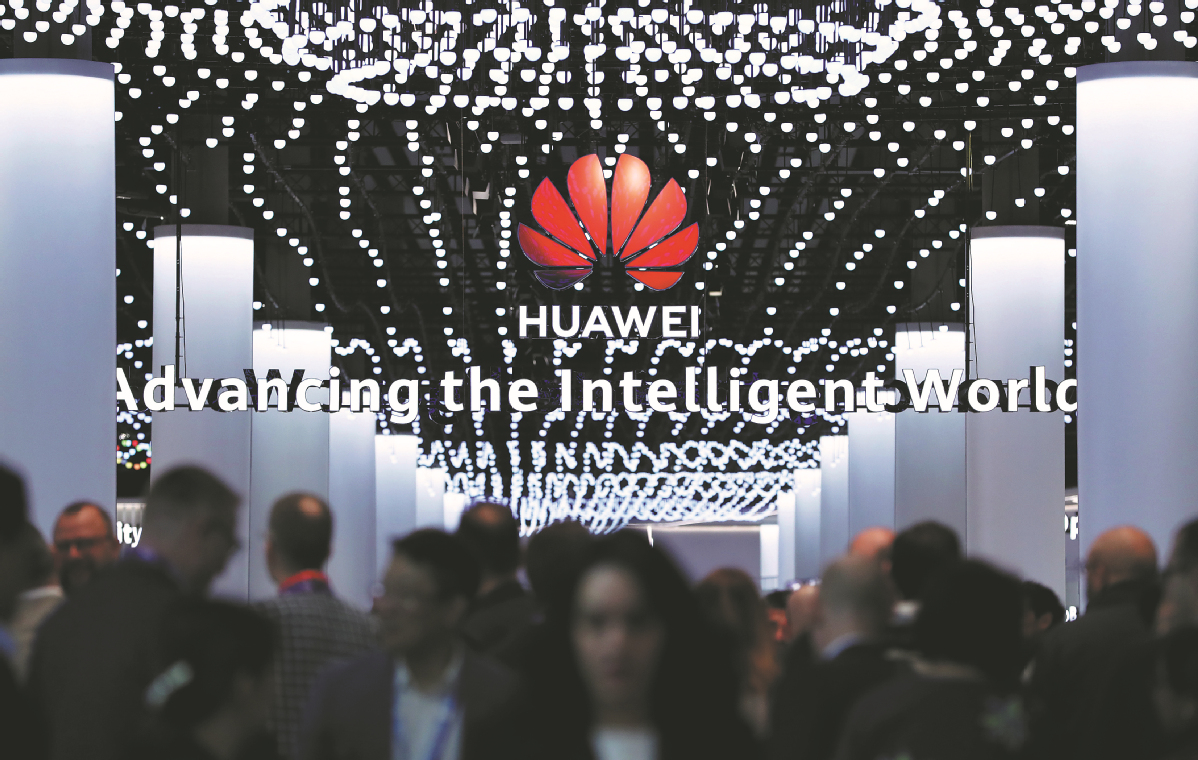
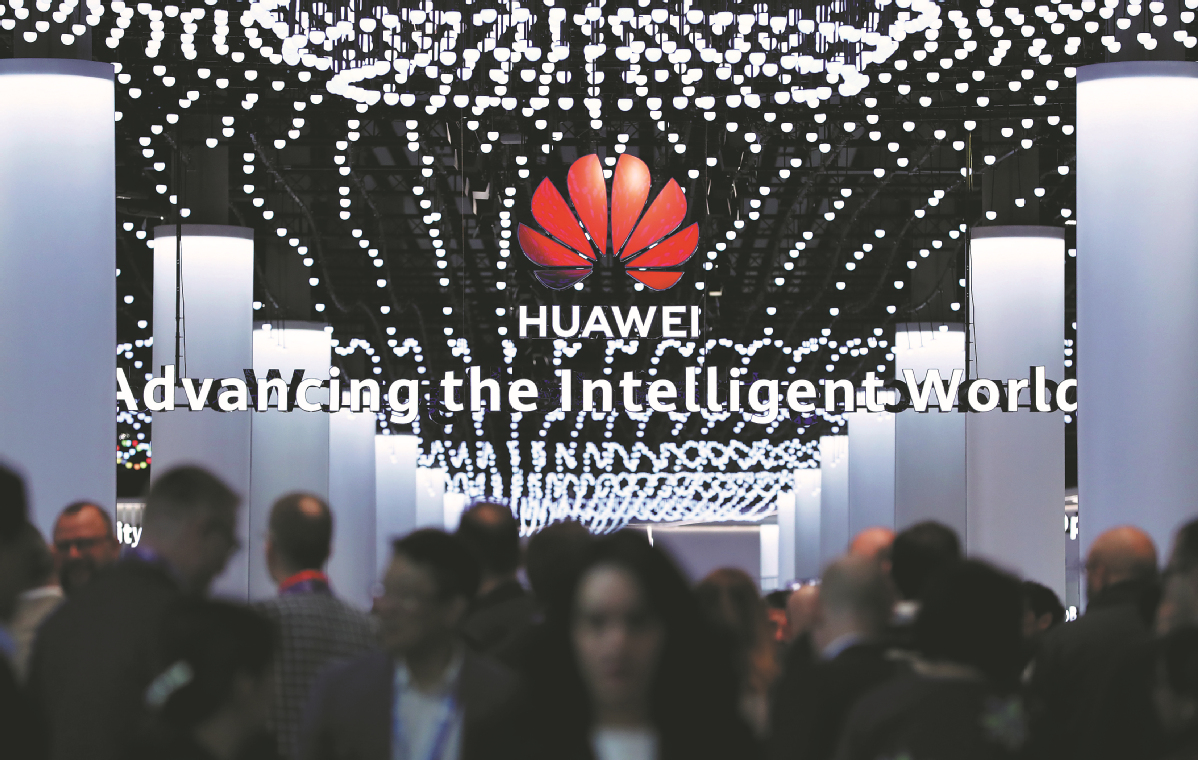 A view of the booth of Huawei at the 2024 Mobile World Congress Barcelona in Spain earlier this year. GAO JING/XINHUA
A view of the booth of Huawei at the 2024 Mobile World Congress Barcelona in Spain earlier this year. GAO JING/XINHUA 

